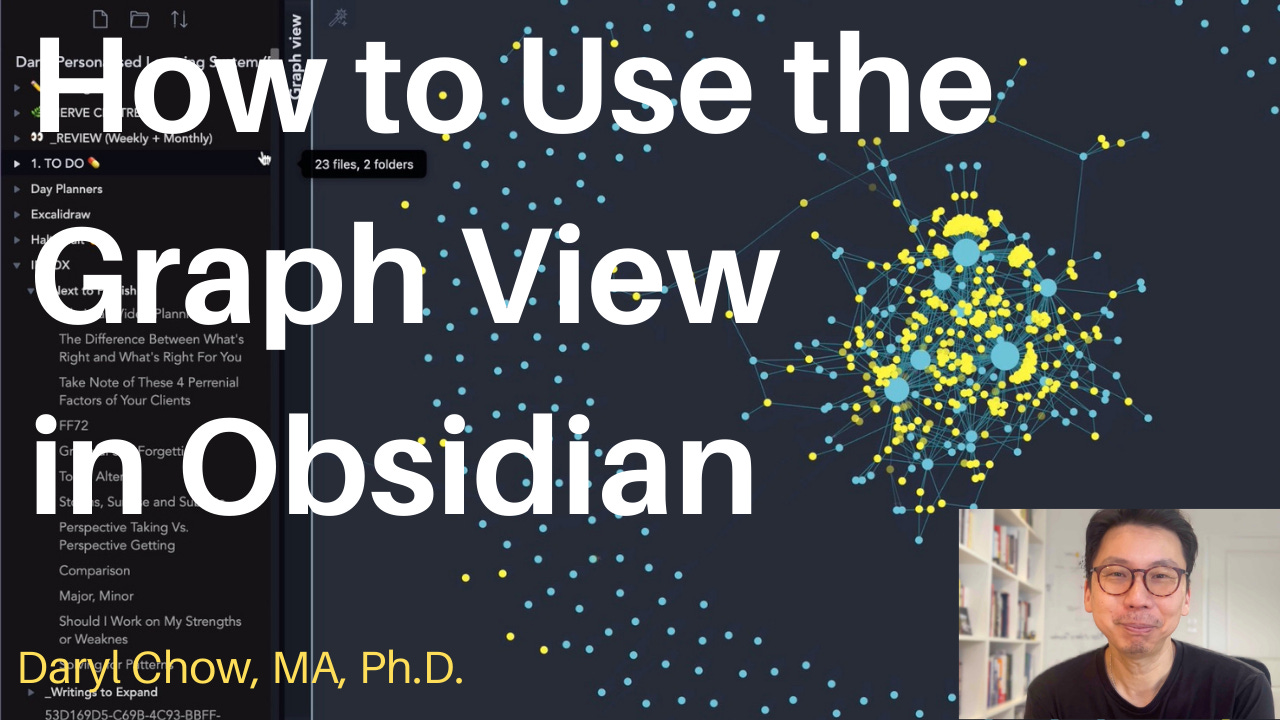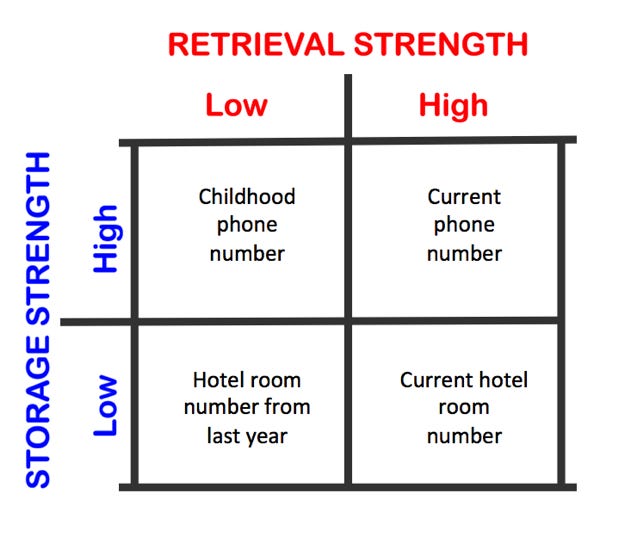Frontiers Friday #76. The Nuts and Bolts of Becoming a Deep Learner (Part VI)

Frontiers Friday #76. The Nuts and Bolts of Becoming a Deep Learner (Part VI)
You might be wondering why I emphasise so much on learning. The ability to learn well is one of those things that we thing we know how to do, but are not truly leveraging this ability to its full potential.
My hopes is that you become a deep learner, so that not only you are enriched and sustained in your work through this mad times, but also your clients reap the gains from you.
This week, we have 1 brand new video, and more practical stuff on improving your learning!
p/s: I forgot to add the link to last week's blog on "Explain Your Ideas to An Expert--and to a child." Here it is: darylchow.com/frontiers/explain
pp/s: Are there topics that you wished we covered? Hit reply to let me know. Thanks.
📽 New From My Desk: How to Use the Gorgeous Graph View in Obsidian

In Part IV of the Obsidian videos, I'd walk you through the beautiful graph view in Obsidian. Beyond the pleasing aesthetics of seeing the inter-relationship of your notes, there are ways that this can help you learn more deeply.
This is related to one of the four tenets that I teach in the online course Deep Learner called Synthesis: Not just collect the dots but connect the dots.
(If you've missed them, you can watch the previous Obsidian related videos in this playlist).
👓 Web-Read: Retrieval Strength Vs. Storage Strength

This blogpost by Veronica Yan highlights a critical point that we often take for granted. Forgetting is paradoxically important to learning.
Here's a tip Yan suggests: Delayed quizzing.
When we test ourselves (or our students) on a particular lesson, we should not do so immediately after having just studied (or taught) it, when retrieval strength is still very high. Rather, we should wait some time after study before quizzing, when retrieval strength is lower. This delayed quiz will result in a) a more potent learning event (i.e., greater storage strength), and b) a more accurate indication of real learning!”
Implications for therapists: As you capture your weekly therapy learnings, look at the headings of your notes and test your recall!
📕 Big-Read: The 4-Hour Chef
Tim Ferriss is quite an exceptional human –if he's even human. His wildly successful book The 4-Hour Workweek had a follow-up book (amongst other books) called The 4-Hour Chef.
No, it's not a cookbook. It's really about learning.
This tome covers wide-ranging topics from Muay Thai to French Omelet, learning Mandarin to shooting a free-throw. One of the key features for me is Ferriss' ideas around meta-learning. For example, how to deconstruct tasks into component parts.
Sidenote: I learned a counterintuitive but effective way of how to start a fire from this book!
📽 Small-Video: The Powerful Effects of Drawing on Learning
In the online course Deep Learner, I talked about how we can tap into the dual-coding pathways for learning and why drawing out your ideas is a powerful way to improving learning.
This short 2 minute video talks about the benefits of drawing.
To my surprise, some clients have mentioned to me about how they recall a session from years passed based on a sketchnote that we made in session.
You don't have become Picasso, but learning to symbolically represent ideas with an image is powerful.
⏸ Words Worth Contemplating:
"I'm afraid of my computer. I know when I turn it off, it's learning new things without me."
~ Elvira Kurt
Reflection:
Most therapists I know truly value life-long learning. But busy-ness has a way of side-stepping what we value.
Here's one word to contemplate: Return.
BIG HUGS TO NEW SUBSCRIBERS WHO WANT TO BE AT THEIR FRONTIER!
If you've just joined us, I'm glad you can join us at the "bleeding edge." Feel free to check out the back catalogue of Frontiers of Psychotherapists Development (FPD). You might also want to go into specific topics in the FPD Archives like
And if you want to see past newsletters, click here.
In case you missed it, see the most recent missives
(3 Parts)
(3 Parts)
(4 Parts)
Unintended Consequences (2 Parts)
(4 Parts)
(3 Parts)
(5 Parts)
(6 Parts)
(2 Parts)
My other blog site is called FullCircles: Reflections on Living
By the way, don't feel bad if you want to unsubscribe to this newsletter. This might not be for you. The last thing I want is to add to the anxious clutter of our inboxes.



